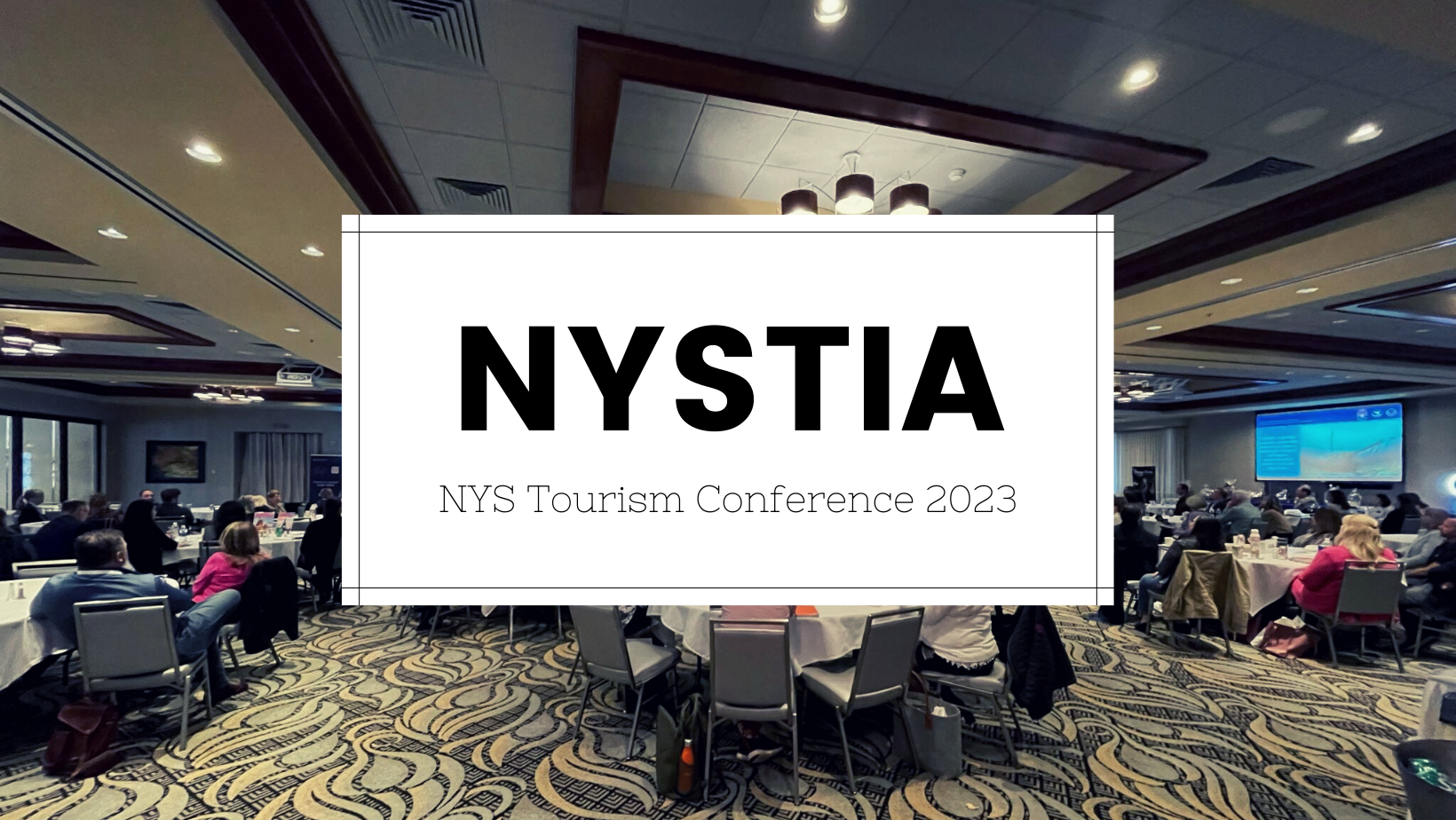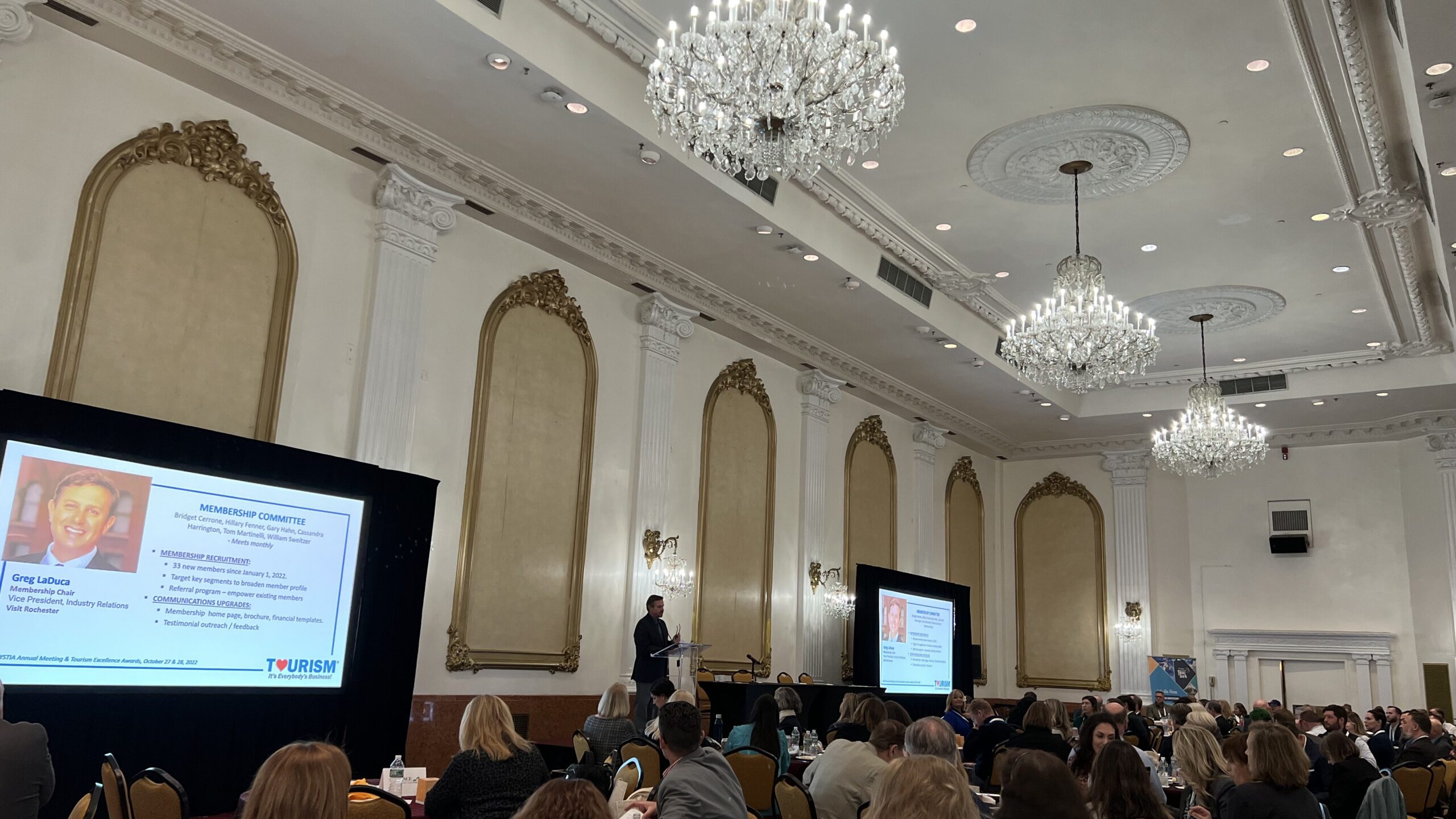Mobile and tourism: five ways to increase your reach

Given the growth of travel and tourism, it’s become harder and harder to stand out in the industry. Excellent customer service is one thing that can differentiate you from your competitors. Selling an experience is what tourism is all about and creating videos to do that will help you. Gathering data to create profiles and understanding your customers will help you to decide how to best reach them. According to ComScore, smartphones and tablets combined now account for 60 percent of all online traffic.
Mobile is about ease, convenience and 24 hour access, and is fast becoming the primary device for consumers. More and more mobile is being used for travel research, booking and reviews. The mobile tourism market is one that many travel companies haven’t tapped into. Here are some ways to utilize mobile in your tourism marketing plan:
1-Mobile webpages
According to Google Travel research, 47% of consumers conduct their research for planning trips via smartphone. In addition, 74% of visitors are more likely to return to mobile friendly sites and 61% were more likely to leave a site if it isn’t mobile friendly. Based on these statistics, it’s safe to assume that most consumers are using mobile in some shape or form to research and in some cases book travel. Enabling your site to be mobile friendly will help you to secure visitors rather than dissuade them from exploring your website. In addition, optimizing your website for mobile will give you better organic reach for coming up in searches.
2-Mobile banner ads
Mobile ads are becoming more and more popular in the industry. When you look at your audience and measure the shift in how they are receiving their information, mobile generally comes up first. Crafting the proper message based on consumer patterns can help you to develop mobile banner ads that are targeted and precise.
3-Mobile apps
Moreover, apps are used greatly by travelers. Based on a study by TripAdvisor, 52% of travelers use apps while on vacation for researching area activities and their locations and restaurants. Having an app that supplies this information will help you to gather information, preferences and patterns of your consumers. In addition, it will increase customer satisfaction and brand loyalty.
4-Mobile and social media
Often times when planning a trip, consumers will look on social media for suggestions, recommendations and inspiration. Many individuals use social media while on vacation and when they return to share their experiences via photos, videos, posts, etc. Social media is a powerful platform in this industry that gives you the opportunity to connect with people, hear their likes/dislikes and communicate in an unobtrusive way on a daily basis.
A study by Nielsen and Google found that “in the moment” searches are by far the most popular with 85% of smartphone users looking for local information and 81% following up to take immediate action. The thing you want to remember when considering your marketing campaigns for the next year is that ease of use is primary for most consumers. They will look to conduct quick mobile searches to find a location, and book a last minute car rental, dining reservation or shopping excursion. Ensure that you have a user friendly experience waiting for them.





